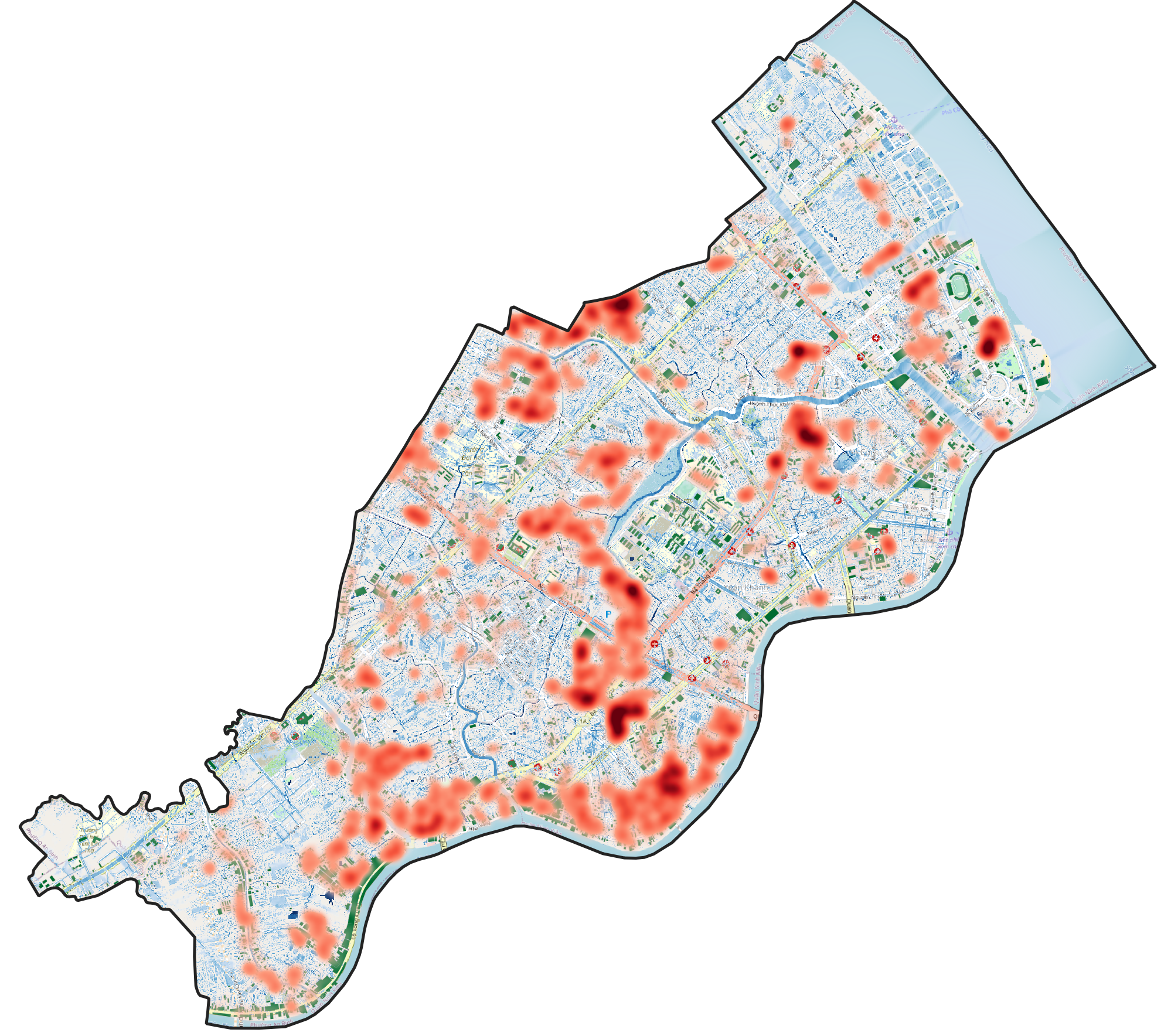WATER LOG
The Buzzing Saviours: How Bees might hold the key to productivity and resilience in Ben Tre
Can ecosystems in Bến Tre, a province of the Mekong Delta, Vietnam, provide a range of ecosystem services to local habitants? We surveyed people across a range of communes about their experiences of organic farming, beekeeping, and their knowledge of threats to pollination, a vital ecosystem service. Focussing on livelihood practices that improve pollination, we explored whether pollination has the capacity to make these socio-ecological systems more resilient in the face of climate change.
Running Field Economic Experiments in Farming Villages: Our Soc Trang Experience
Running experiments in the field requires a flexible and adaptive approach. You do not always know what is going to happen when you arrive to a session. Hub researcher Irene Mussio provides 10 top tips for fieldwork based on her experiences of economic experiment fieldwork in Vietnam.
Strengthening Capacity in the Mekong River Delta Through Economic Experiments
As part of the partnership between Can Tho University and Living Deltas, based at Newcastle University, a joint team have trained research and student assistants to run economic experiments in the Mekong River Delta.
Sharing Memories, Imagining Futures: Creative Representation Fieldwork in 2022
It was with much relief and delight that we were able to resume our fieldwork in 2022 and return to working with our colleagues in both Bangladesh and Vietnam in person. Here, we offer an update on our fieldwork and an overview of one of the approaches we are taking as we analyse the data gathered.
Farming, dance clubs, and the well-being of female farmers in the Red River Delta, Vietnam
Women have always been at the forefront of agriculture in Vietnam. They play a critical role in food production and ensure the livelihoods of their families and communities, especially in agrarian regions like the Red River Delta (RRD). Despite these contributions, women also shoulder a disproportionate quantity of unpaid caregiving and household duties. Due to males’ departure from rural areas for employment elsewhere, this workload increased in the decades leading up to the mid 2010s placing an even heavier burden on rural women and girls. However, since 2013, land consolidation and agricultural mechanization have liberated women from heavy farming work, giving them more time to take care of themselves and engage in social activities, such as organizing dancing clubs and being more active in organizing villages’ events and festivals.
Intergenerational solidarity and the climate emergency – an ongoing conversation
On 17th January 2023 the Hub organised a seminar titled ‘Intergenerational Solidarity and the Climate Emergency’. This blog post by Hub researcher Siobhan Warrington with contributions from the three guest speakers Javeria Afzal (HelpAge International), Shripathi Hadigal (Restless Development), Ngoc-Anh Pham (YouthLab), highlights some of the key issues raised and poses several questions for further exploration.




















